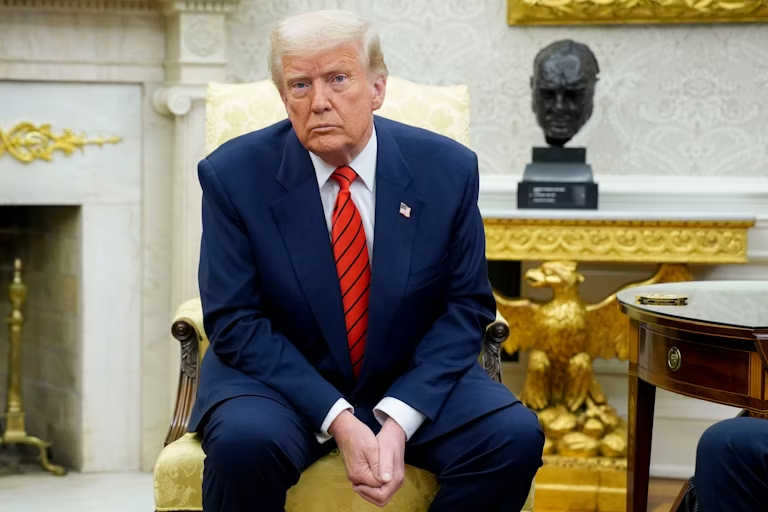As tensions between Israel and Iran spiral toward a dangerous tipping point, experts are sounding the alarm on the potential economic fallout for Australia. With global oil markets, trade routes, and geopolitical stability hanging in the balance, the conflict’s escalation could deliver a harsh blow to Australia’s already fragile economy.
Economic Shockwaves Down Under
The Israel-Iran conflict, rooted in decades of hostility, has intensified in recent months, with both nations engaging in proxy wars and threatening direct military action. For Australia, the immediate concern is energy. Iran, a major oil producer, plays a critical role in global supply chains. Any escalation—particularly one that disrupts the Strait of Hormuz, through which 20% of the world’s oil passes—could send oil prices soaring. Australia, despite its status as a net energy exporter, relies heavily on imported refined petroleum. A price spike would inflate fuel costs, driving up transport expenses and the price of everyday goods, from groceries to manufacturing inputs.
Trade is another vulnerability. Australia’s economy depends on exporting iron ore, coal, and agricultural products, primarily to Asia. A wider Middle East conflict could disrupt key shipping routes, such as the Red Sea, delaying exports and straining relations with major trading partners like China, Japan, and South Korea. “The risk of a prolonged disruption is real,” said Dr. Emily Carter, an economist at the University of Melbourne. “It could shave points off our GDP growth and exacerbate inflationary pressures.”
Trump Weighs In
Former U.S. President Donald Trump, a vocal supporter of Israel during his tenure, recently commented on the conflict during a campaign rally in Florida. “Iran is the head of the snake, and if we don’t cut it off, the whole region will burn,” Trump declared, urging the Biden administration to take a harder line against Tehran. He also praised Israel’s military capabilities, claiming, “Israel has the best defence systems—thanks to us—and they’ll win if it comes to it.” Trump’s remarks have reignited debates about U.S. involvement, with some analysts warning that American intervention could escalate the conflict into a global crisis.
Israel’s Stance
The Israeli government, led by Prime Minister Benjamin Netanyahu, has taken an uncompromising position. In a recent address, Netanyahu accused Iran of orchestrating attacks through its proxies, including Hezbollah and Hamas, and vowed a “decisive response” to any aggression. “Iran is the greatest threat to peace in the region, and we will not hesitate to defend ourselves,” he said, hinting at preemptive strikes on Iranian nuclear facilities. Israel’s rhetoric has raised fears of a direct confrontation, which could destabilise the entire Middle East.
Iran’s Upper Hand?
Despite Israel’s military superiority, some analysts argue that Iran is gaining the upper hand in this shadow war. Tehran has expanded its influence through proxy militias across Lebanon, Syria, Iraq, and Yemen, creating a “ring of fire” around Israel. Iran’s recent advancements in drone and missile technology have also bolstered its deterrence capabilities, allowing it to strike targets with precision while avoiding direct accountability. “Iran is winning the strategic game,” said Middle East expert Dr. Hassan Alavi. “It’s bleeding Israel through proxies while keeping its own hands clean, all while advancing its nuclear program.”
The Danger of Escalation
If the conflict escalates into open warfare, the consequences for Australia could be severe. A broader regional conflict, potentially involving global powers like the U.S., Russia, and China, could trigger a global recession, crashing commodity prices and collapsing supply chains. Australia’s defence budget could also come under strain if the government is pressured to contribute to regional stabilisation efforts, diverting funds from critical domestic priorities like healthcare and education.
As the world watches this volatile standoff, Australians are left to grapple with an unsettling reality: a conflict thousands of kilometres away could soon hit uncomfortably close to home.
Reference:
Watch more news:
TPG Telecom’s Power Outage Wreaks Havoc: Services Disrupted Nationwide
